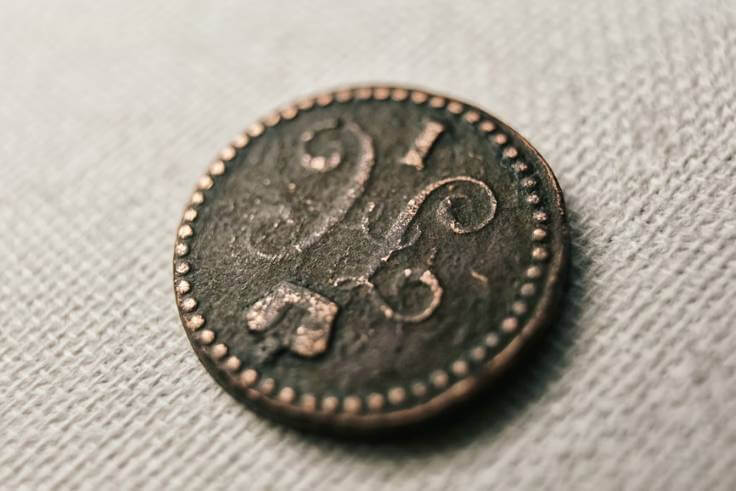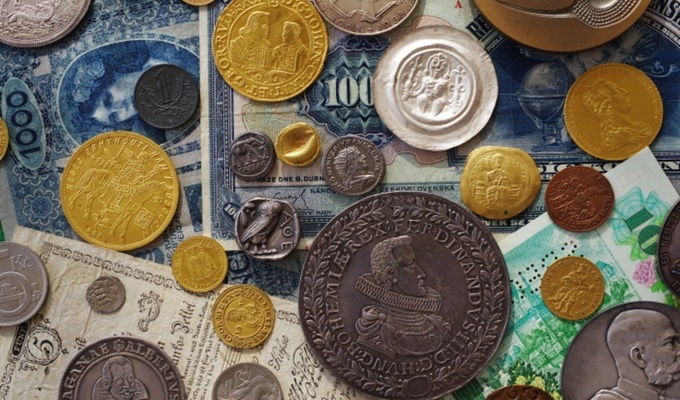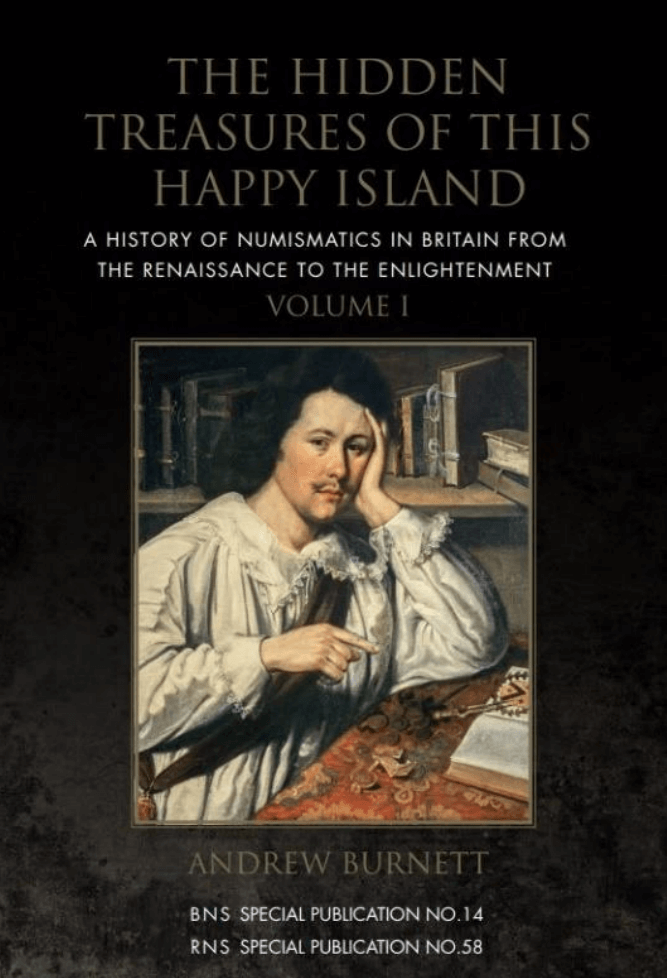Good Tips For Picking Banknote Production And Banknote Display
Wiki Article
How Can I Utilize Databases To Study Numismatics With Regards To Regional And Global Associations?
To conduct this type of research, here's a systematic strategy: A systematic approach is offered to assist you in conducting this kind of research. JSTOR, as well as other academic databases and repositories provide access to research papers and conference proceedings.
Define Research Focus: Specify your research objectives. Are you looking to learn more about global numismatic association's activities, history regional cooperations, conferences and publications? Or are you looking for a specific numismatic subject that is being that is discussed in the association? Clarify your focus to guide your research.
Search Strategy: Use keywords such as "numismatic associations", "global numismatics" as well as "regional numismatic societies," depending on the context. Additionally, you may add the names of groups or regions. Utilize advanced search options to filter results according to date, document type (such as conferences papers or newsletters of associations) and geographic scope.
Get information on global and regional numismatic organizations, including their mission, history and membership. Additionally, you can find information about publications and activities. Check out information about past and upcoming workshops, conferences, and collaborative research projects. Find out more about the association's members, their leadership, and contact information for them.
Analyze information to gain a better understanding of the effects of global and local society of numismatics. Study how these organizations improve knowledge about numismatics, promote international collaborations, share information via conferences and publications, and foster international collaborations.
Cross-References: Check information using different databases or sources. Compare the activities and projects of various associations to get an overall picture of global and region-specific developments in Numismatics.
Documentation - Record your findings with a reference to the sources you have utilized and noting any methods used. Keep track of the specifics of the databases you used, the search terms used and the relevance each source has to your research.
Numismatic organizations are always changing. New publications, conferences and collaborative projects are launched regularly. Stay current by monitoring the latest updates on websites of associations newsletters, newsletters, as well as scholarly databases for the latest developments in global and regional numismatics.
By following these steps, you can effectively make use of databases to research the numismatics of global and regional associations. This approach allows you to study the structure of an organization, scholarly activity, and collaboration efforts that define the field of numismatics on a global as well as regional level. Check out the recommended collector hints for website info including coin blank, banknote magazine, rupee, currency forum, banknote production, design, treasury, banknote dealer, money, banknote appraisal and more.

How Do I Use A Database To Research Numismatics With Regards To Exhibition And Show Events?
In order to research numismatics in relation to exhibitions and show events, databases are used. They contain information regarding numismatic shows, exhibitions or conferences. An organized approach is provided to assist you in conducting this study. It is possible to use websites of major numismatic organizations such as the American Numismatic Association or online platforms that offer global numismatic event listings.
Define Research Focus: Specify your research objectives. Do you have a desire to investigating the upcoming and previous numismatic shows, conferences focused on numismatics? Are you interested in regional coin shows, thematic exhibitions, or educational events? Clarify the focus of your lookup.
Strategy for searching Utilize keywords to search for "numismatic" events and exhibitions, "coin shows", "numismatic conferences". If appropriate you could also include the event's name or location. Use advanced search to filter results based on dates the event, its kind (such an exhibition or conference) and geographical region.
Data Collection: Access past as well as current numismatic displays and events. Collect information such as event dates and locations organizers, themes or locations as well as featured collections, exhibitor participation, or catalogs or publications. Look for databases with virtual tours or access to exhibition materials that are digital.
Review the data to determine the educational goals themes, trends, and goals of numismatic exhibitions and events. Evaluation: Assess the impact of the various exhibitions and shows to increasing public awareness about numismatics.
Cross-Referencing. Check that your information is true by comparing it with other databases, listing of events, and official sites. This will ensure that your research is correct and complete, giving you an entire overview of numismatic activities around the world.
Documentation: Document your findings in a systematic manner by citing sources and noting methodologies used. Keep track of the details like databases you've accessed, your search terms, and their relevance to the research questions.
Stay Updated: Numismatic events are dynamic and new exhibitions conferences, shows, and exhibitions regularly scheduled. For the latest updates on coming events, keep an eye out for announcements from numismatic groups and event organizers or specific databases.
Databases can be used to study numismatics associated with exhibitions, shows and events by following these easy steps. This approach enables an in-depth study of the range and educational value of numismatic shows and events across the globe. View the top rated get more information for currency authentication for blog tips including legal tender, banknote identification, currency dealer, banknote auction, slovak coins, banknote identification, banknote auction, proof coins, numismatic value, coin club and more.

How Can I Utilize A Numismatics Database To Assist Historians And Researchers To Conduct Research?
The research is conducted with the following guidelines Methods: Database Selection: Choose databases that are specifically focused on research into numismatics. These include archives from the past, academic journals, and institutional repositories. To conduct a study there is a format: Database Choice: Choose databases that specialize on research in numismatics and academic journals of historical archives, and institutional repository sites. JSTOR is a good example, but there's as well Google Scholar, numismatic publications (like American Numismatic Society journals) and university databases.
Define Research Focus: Specify your research objectives. Are you keen to know the historical contexts of numismatic objects, the methods of numismatic researchers, specific subjects of numismatic research by historians or the contributions of researchers to the field of numismatics? Find out the answer by defining your objectives.
Utilize keywords for example "numismatics," “numismatics research," "historical numismatics," and, if applicable, historical periods, geographic areas, or topics related to numismatics. Filter results using advanced search features. This includes filtering results by date, document types (such as dissertations or conference papers, articles, dissertations, conference papers, etc.)) as well as author affiliations.
Data collection: Get information about scholarly articles research documents, research papers, and other numismatics from archives of the past. Find out information, including publication names, authors, abstracts and methodologies, along with historical contexts. Look up databases for digital numismatic collection or research project access.
Analysis: Analyze the data to understand the methodologies and interpretations employed by researchers and historians in studies of numismatics. Examine how numismatic objects can contribute to larger historical narratives. Examine different approaches and their conclusions regarding numismatic issues.
Cross-Referencing - Check your findings by cross-referencing them across databases, scholarly papers, academic publications and institutional repository. This ensures that your research is precise and complete. You can also get a better understanding of the contribution made by researchers in numismatics.
Documentation - Record your findings in a systematic manner by noting the sources and methods. Note the details of the databases you have accessed as well as search terms used and the relevance of every source you use to answer your research needs.
Research and publications in numismatics continue to evolve. Stay up to date by keeping track of the latest news from academic journals, numismatic society and institutional repositories for the most recent research findings and methods in numismatic research.
These steps will enable you to effectively use databases for examining the numismatics of researchers and historians. This allows you to investigate the methodologies as well as the historical interpretations and academic inputs that shape the understanding of numismatics in connection to wider cultural and historical contexts. Have a look at the best the advantage about banknote marketplace for more tips including pound, coin identification, coin expo, coin mold, coin dealer, coin identification, obsolete currency, coin catalog, coin show, federal reserve and more.

How Do I Use Databases To Study Numismatics With Regards To Conservation And Preservation Experts?
For example, you can utilize databases to conduct research on conservation and preservation specialists. These databases will include case studies, conservation techniques as well as conservation specialists' contributions. A structured method is presented to help you conduct this type of research. There are examples of these on the websites of conservation organizations (such International Institute for Conservation of Historic and Artistic Works) and in museum conservation departments and in publications that are specialized.
Define Research Focus: Specify your research objectives. Are you interested to understand conservation techniques applied on numismatic items and study of restorations of coins or medals. Conservation measures that prevent damage or ethical considerations in the preservation of numismatics? Clarify what you are trying to find in order to narrow your search.
Search Strategy Utilize keywords, such as “numismatic conservation,"numismatic conservation, "coin-preservation methods," or "conservation practices for medals," as well as specific conservation methods and periods in the past (such cleaning, stabilization storage, etc.). Use advanced search options for sorting results according to date or conservation topic.
Access data on conservation techniques and methods that are applied to numismatic objects. Find information on cases studies, articles about conservation methods conservation experts' interviews, and guidelines to handle and manage numismatic collection.
Analyse the data in order to understand the methods as well as the issues and breakthroughs of conservation of numismatic objects. Evaluate the impact of conservation methods on the preservation of artifacts from numismatics, the role of analytical science in the conservation process, and the integration of ethical standards in conservation methods.
Cross-Referencing - Check the validity of your study by comparing data from several databases, conservation organisations websites, museums' conservation departments, and scholarly journals. This will guarantee the accuracy and thoroughness of your work. This also provides a comprehensive picture of the numismatic preservation methods.
Documentation: Record your findings systematically including citations to sources and highlighting the methods used. Take note of the information in the databases you visited, the search terms you searched with, and the way each source relates to your research question.
Being up to date with the latest conservation standards and techniques is important. They are evolving as technology and scientific research advances. Keep track of the latest news from conservation departments, museums from conservation organizations, and publications specialized in numismatics, to keep up-to-date with the most recent developments.
Follow these steps to use databases effectively to research the world of numismatics and talk to conservation experts. This method lets you examine the ethical and methodological approaches used by conservation specialists when conserving the numismatics. You can also gain insight into the ways they have contributed. Check out the top go to the website about banknote value for site tips including coin display, coin book, commemorative, coin blank, coin value, currency dealer, antique banknotes, banknote history, central bank, banknote club and more.

How Do I Use Databases To Study Numismatics In Relation To Industry Consultants?
Researching numismatics with regards to industry consultants involves utilizing databases that are focused on consulting firms, individuals consultants, industry reports, and publications from numismatic societies. The following is a step-by-step guide to conducting this research:Database selection: Select databases that specialize in industry reports, publications as well as consulting firms. These include business directories as well as websites for consulting companies. These also include publications of numismatic societies.
Define Research Focus: Specify your research objectives. Are you looking for information about consulting services that are offered to numismatic businesses, market analyses of numismatics or the knowledge of specific consultants or industry consultants in a particular sector? Make sure you know what you are looking for in order to help you narrow your search.
Search strategy: Make use of keywords, like "numismatic firms", "numismatic firms" as well as "market reports on coins." If relevant you can also add areas of expertise or geographical regions. Results from searches can be filtered by date, consultant services, and consultant specialties by using advanced search options.
Data Collection: Access details about consulting firms which specialize in numismatics and industry experts who offer services to numismatic companies. Collect information such as consultant profiles, specialization areas (market analysis and collection management, authentication) customer testimonials and the reports written by industry experts.
Analysis: Analyze the data to determine the role and contributions made by industry consultants in the field of numismatics. Evaluation: Assess the strategies and the expertise of consultants when providing advice to clients regarding numismatic investing, market trends, collection strategies, and regulatory issues.
Cross-References: Make sure the accuracy of your data by comparing it to different databases, the publications of organizations that deal in numismatics, as well as reports from the industry. This ensures the accuracy of your research and complete, providing you with a an entire view of the world of consulting numismatics.
Documentation. Document your findings from research by citing sources noting the methods used. Notate the database names or search terms, as well as the relevance of each source in relation to your research.
Stay Updated Consultancy services and market trends in numismatics change in response to economic developments and regulatory updates. Monitor updates from the websites of consulting firms, reports from industry and publications from societies that deal in numismatics, to stay up with the latest industry insights.
Databases can be used to research numismatics, and consultants working in this industry. This will allow for a comprehensive investigation into the advice, market analysis, strategic insights, and business operations provided by consultants from industry. Follow the most popular banknote artist for blog info including banknote marketplace, historical currency, currency history, banknote value, coin issue, coin series, coin planchet, proof coins, gold, czech coins and more.
